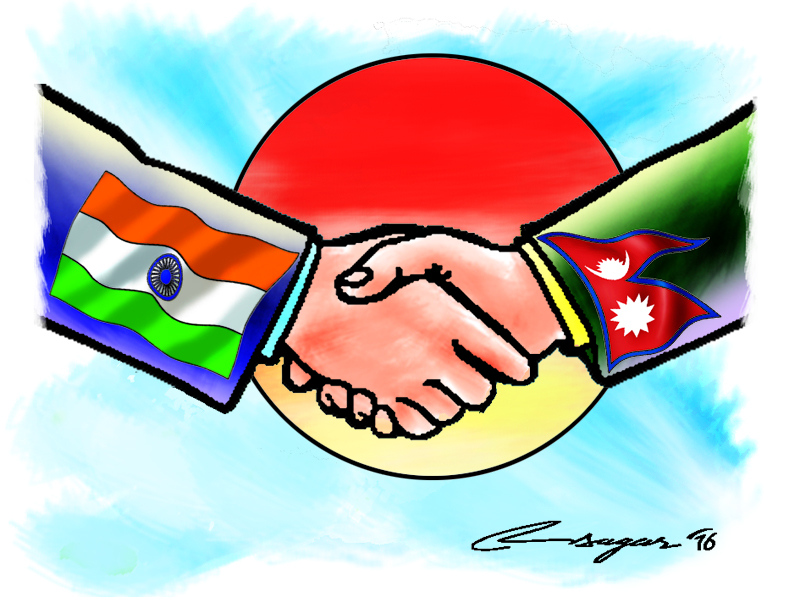Nepal ready to keep 1950 Treaty’s title intact
- The treaty needs to be updated to keep up with the changed context
The Eminent Persons Group on Nepal-India relations will hold its meeting in New Delhi for the second time on October 4 and 5.
An EPG member of the Nepali side said the Nepali team will put forward a proposal to amend some clauses of the treaty, but will favour keeping the name of ‘Nepal-India Peace and Friendship Treaty of 1950’ intact.
Though the document has no provision for revising or amending the treaty, it can be terminated by any side, giving one year’s notice in advance.
“The tone of the title is very positive,” an EPG member from the Nepali side told The Himalayan Times. “It’s an exclusive treaty inked between Nepal and India. It can be amended or replaced if both countries agree.”
The expert panel’s maiden meeting was held in Kathmandu on July 3 and 4, which opened up discussion on existing Nepal-India bilateral agreements, including the 1950 treaty.
The EPG-NIR is a joint mechanism of Nepal and India for making necessary suggestions to update all existing bilateral treaties and agreements.
“The next meeting will primarily focus on the 1950 treaty and make it compatible with the spirit of the 21st century,” coordinator of the Nepali side in the EPG Bhekh Bahadur Thapa said.
He said that since the 1950’s treaty was a principle as well as a multi-faceted agreement, both the sides are positive on resolving differences, and building understanding for necessary revision or update.
Rajan Bhattarai, an EPG member and lawmaker, said the main objective behind updating the Treaty was to make it compatible with the changed context of the 21st century.
Nepal, which had proposed to review the charter, is concerned that some of its provisions are against the spirit of the principle of sovereign equality.
When the Treaty was signed; the context and political system in both the countries were different, observed Gopal Khanal, who authored a new book Bhurajniti, dealing with Indo-Nepal relations and beyond.
“Some provisions of the treaty are against the principle of sovereign equality and some others are either controversial or have not come into force,” he stated.






